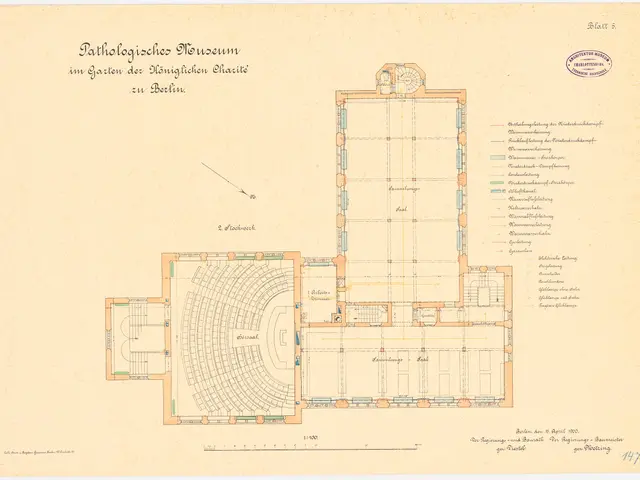Power Shifts in the Modern Workplace: Responsibility and Connection Key
In today's rapidly evolving workplace, traditional notions of power are shifting. A new study reveals that responsible power leads to higher trust, engagement, and organisational justice, with moral power becoming increasingly important. This shift is particularly notable in hybrid work environments, where positional power is insufficient.
Leaders must now understand, share, and exercise power in a way that aligns with a fluid, interdependent networked world. Three key practices to mindfully exercise power include leading through connection, sharing power consciously, and anchoring influence in integrity. This shift is not just about leaders; power and authority can and should be shared, expanding its impact without diminishing authority.
The basis of power is evolving from positional-based to relational-based, from leader-centric to distributed, and from claiming reward to honouring responsibility. Connection-based, or relational, power is about being effective in a networked world where collaboration drives results. This is reflected in the increasing importance of moral power and the need to build psychological safety and connect people across boundaries.
In essence, power is no longer defined by hierarchy and authority, but by how well it's used to create change, strengthen others, and act with courage in complexity. As hybrid work continues to reshape the workplace, leaders must adapt their understanding and exercise of power to foster trust, engagement, and organisational justice.
Read also:
- Federal Funding Supports Increase in Family Medicine Residency Program, Focusing on Rural Health Developments
- Potential Role of DHA in Shielding the Brain from Saturated Fats?
- Alternative Gentle Retinoid: Exploring Bakuchiol Salicylate for Sensitive Skin
- Hanoi initiates a trial program for rabies control, along with efforts to facilitate the transition from the dog and cat meat trade industry.







